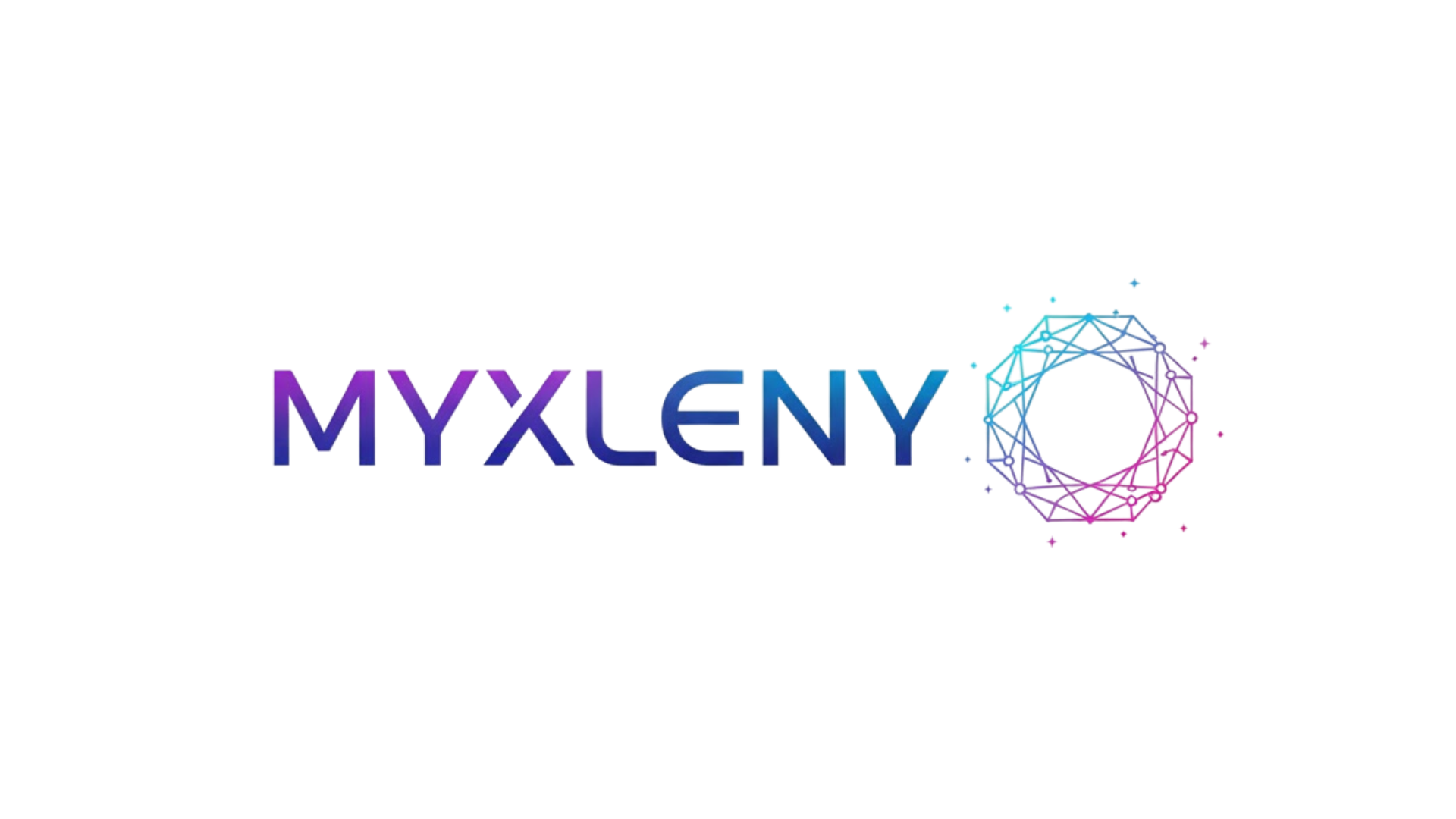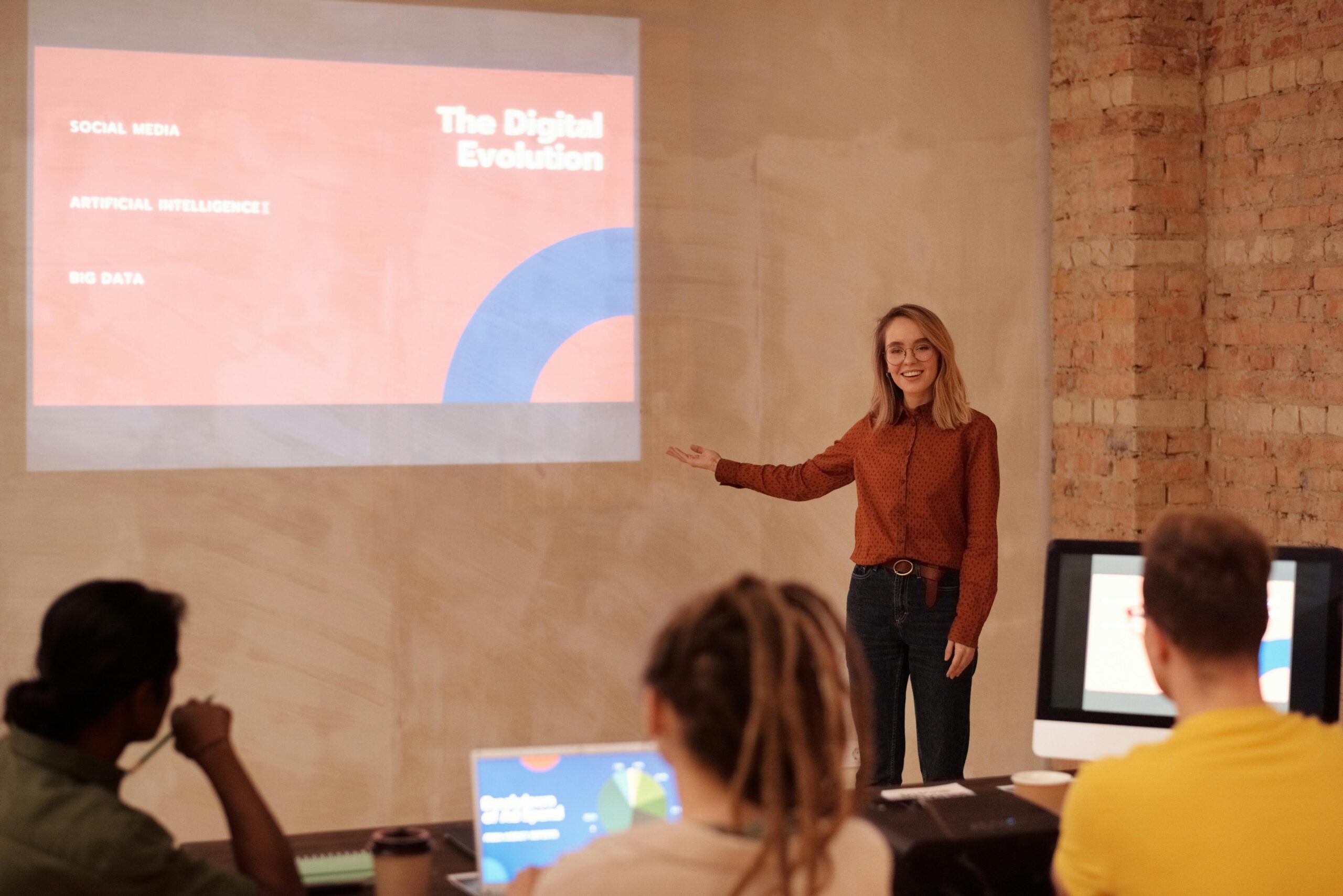Universal Basic Income (UBI) has emerged as one of the most provocative economic proposals of our time, sparking passionate debate across political divides and economic schools of thought.
💰 Understanding the Fundamentals of Universal Basic Income
Universal Basic Income represents a radical reimagining of how societies distribute wealth and support their citizens. At its core, UBI proposes providing every individual with a regular, unconditional cash payment regardless of employment status, income level, or social standing. This simple yet revolutionary concept challenges centuries of economic orthodoxy about work, welfare, and human motivation.
The basic income model differs fundamentally from traditional welfare systems. Unlike means-tested programs that create bureaucratic complexity and potential stigma, UBI offers a streamlined approach where everyone receives the same baseline payment. Proponents argue this universality eliminates the poverty trap inherent in traditional welfare, where earning additional income results in benefit losses that discourage work.
The payment amount varies across different proposals, but most serious UBI advocates suggest figures sufficient to cover basic necessities like food, shelter, and healthcare. Some models propose amounts around the poverty line, while others envision more modest supplements to existing income sources. The frequency typically follows monthly distributions, mirroring traditional employment payment structures.
🌍 Historical Roots and Modern Experiments
The concept of guaranteed income isn’t as contemporary as many assume. Philosophers and economists have contemplated similar ideas for centuries. Thomas Paine proposed a “citizen’s dividend” in the late 18th century, while Martin Luther King Jr. advocated for guaranteed income in the 1960s. Even conservative economist Milton Friedman supported a negative income tax, which shares philosophical similarities with UBI.
Recent decades have witnessed numerous pilot programs testing UBI principles across diverse contexts. Finland conducted a two-year experiment from 2017 to 2018, providing 2,000 unemployed citizens with €560 monthly. While employment rates didn’t significantly increase, participants reported improved wellbeing, reduced stress, and greater life satisfaction.
Kenya’s GiveDirectly project represents one of the longest-running UBI experiments, delivering payments to thousands of villagers over twelve years. Early results suggest positive impacts on entrepreneurship, food security, and psychological wellbeing. Recipients invested in livestock, home improvements, and small businesses rather than squandering funds on vice, contradicting common criticisms.
Stockton, California, launched America’s first city-led basic income program in 2019, providing 125 residents with $500 monthly for two years. Recipients experienced improved financial stability, secured full-time employment at higher rates than control groups, and reported better mental health outcomes. These findings challenge assumptions that free money discourages work.
📊 The Economic Case for Universal Basic Income
Supporters present compelling economic arguments favoring UBI implementation. Perhaps most pressing is automation’s accelerating displacement of workers across industries. From manufacturing robots to artificial intelligence replacing white-collar professionals, technological unemployment threatens millions of livelihoods. UBI could provide a safety net during this unprecedented transition period.
The administrative efficiency argument carries substantial weight. Current welfare systems consume enormous resources managing applications, verifying eligibility, and monitoring compliance. The United States operates over 80 means-tested programs, each with separate bureaucracies, rules, and overhead costs. Consolidating these into a universal payment could dramatically reduce administrative expenses while improving outcomes.
Economic stimulus represents another potential benefit. Unlike wealthy individuals who save additional income, lower-income recipients typically spend UBI payments immediately on necessities, injecting money directly into local economies. This increased consumer spending could stimulate economic growth, create jobs, and generate tax revenue that partially offsets program costs.
Entrepreneurship and innovation might flourish under UBI. Many talented individuals remain trapped in unfulfilling jobs because they cannot risk income loss while pursuing creative ventures or starting businesses. A guaranteed income floor provides security enabling people to take calculated risks, potentially unleashing waves of innovation and economic dynamism.
⚠️ Economic Concerns and Fiscal Realities
Critics raise legitimate questions about UBI’s financial feasibility. The program’s cost appears astronomical at first glance. Providing every American adult with just $1,000 monthly would require approximately $3 trillion annually, exceeding the entire federal budget. Even accounting for eliminated welfare programs and new tax revenue, funding gaps remain enormous.
Inflation concerns loom large in economic critiques. If everyone suddenly receives additional income, won’t prices simply rise proportionally, negating purchasing power gains? Economists remain divided on this question. Some argue increased consumer demand without corresponding production increases would indeed trigger inflation, particularly in housing markets with limited supply.
Labor market impacts generate heated debate. Would people stop working if basic needs were guaranteed? While pilot programs suggest modest work reductions primarily among new parents and students pursuing education, critics worry about broader societal effects. If significant percentages withdrew from employment, economic productivity could decline while tax revenues funding UBI simultaneously decreased.
The redistribution of wealth inherent in UBI faces political obstacles. Funding mechanisms typically involve higher taxes on wealthy individuals and corporations. This redistribution triggers fierce resistance from those bearing increased tax burdens, making political implementation extraordinarily challenging regardless of economic merits.
🎯 Social Justice and Human Dignity Arguments
Beyond economics, UBI advocates emphasize profound social justice dimensions. Poverty isn’t merely an economic condition but a violation of human dignity that constrains potential and perpetuates inequality. Universal basic income recognizes every person’s inherent worth and right to basic security in prosperous societies capable of providing it.
The current welfare system often humiliates recipients through invasive eligibility verification, constant monitoring, and social stigma. People must prove their poverty, justify their circumstances, and navigate byzantine bureaucracies to access assistance. UBI’s universality eliminates this indignity, treating everyone equally regardless of circumstances.
Gender equity represents another crucial consideration. Traditional welfare often disadvantages women who perform unpaid care work raising children, supporting elderly relatives, or managing households. UBI recognizes this essential labor’s value by providing income independent of formal employment, potentially reducing gender economic disparities.
Indigenous communities and marginalized groups might particularly benefit from unconditional income. These populations often face discrimination in employment markets and disproportionate poverty rates. UBI provides direct support without requiring assimilation into systems that have historically oppressed them.
🔄 Work, Meaning, and Human Motivation
The debate ultimately confronts fundamental questions about human nature and work’s role in meaningful lives. UBI critics often assume people work solely for money and would embrace idleness given the choice. This view reflects particular cultural assumptions rather than universal human psychology.
Research consistently demonstrates that people seek purpose, social connection, and achievement beyond mere survival. Work provides these elements regardless of financial necessity. Even lottery winners typically continue working, though they might change careers toward more fulfilling pursuits. UBI might enable similar freedom for everyone, not just the wealthy.
The concept of work itself is evolving. Gig economy expansion, remote work normalization, and career fluidity increasingly characterize modern employment. UBI could facilitate these transitions, allowing people to retrain between careers, pursue education, or adapt to changing economic landscapes without facing destitution.
Volunteer work, community organizing, artistic creation, and care work all contribute enormous social value despite lacking formal compensation. UBI might enable more people to engage in these activities, potentially strengthening communities and cultural richness while redefining productivity beyond narrow economic metrics.
🌐 Global Perspectives and Cultural Contexts
Universal basic income’s viability and desirability vary across cultural and economic contexts. Wealthy developed nations possess resources for implementation that developing countries lack. Yet ironically, some developing regions might benefit most from UBI’s poverty-reduction potential and bureaucratic simplification.
Scandinavian countries with robust social safety nets view UBI differently than Americans shaped by individualistic values and limited welfare systems. Cultural attitudes toward wealth distribution, government roles, and social responsibility profoundly influence UBI’s political feasibility regardless of economic evidence.
Developing nations face unique opportunities and challenges. Mobile payment technologies enable efficient distribution even in regions lacking traditional banking infrastructure. Kenya’s M-Pesa system, for instance, facilitates direct transfers to rural populations previously excluded from formal financial systems. However, corruption risks and weak institutions complicate implementation.
International inequality adds another dimension. If wealthy nations implement UBI while poor countries cannot, global disparities might increase. Some philosophers argue for worldwide basic income funded through global taxation mechanisms, though such proposals face obvious political and practical obstacles.
🚀 Implementation Pathways and Practical Considerations
Moving from theory to practice requires addressing numerous practical challenges. Should UBI replace existing welfare programs or supplement them? Replacement maximizes efficiency but potentially harms individuals requiring specialized support beyond basic income. Supplementation protects vulnerable populations but increases costs and complexity.
Determining payment amounts involves difficult tradeoffs between adequacy and affordability. Higher payments better serve poverty reduction but dramatically increase costs. Lower amounts remain financially feasible but might insufficiently support recipients, undermining program goals.
Citizenship and residency requirements raise ethical and practical questions. Should undocumented immigrants receive payments? What about temporary residents or foreign workers? These decisions profoundly impact program costs, political feasibility, and social cohesion.
Gradual implementation through pilot programs and regional experiments might build evidence and political support while managing risks. Some propose starting with specific populations like young adults or displaced workers before universal expansion. Others advocate immediate full implementation to achieve transformative impacts.
💡 The Political Landscape and Future Prospects
Universal basic income occupies unusual political territory, attracting both progressive social justice advocates and libertarian government-skeptics. This ideological diversity creates both opportunities and obstacles for political advancement. Coalition-building proves challenging when supporters envision fundamentally different program versions.
Public opinion remains fluid and context-dependent. Support increases when automation threats feel immediate or economic insecurity spikes. The COVID-19 pandemic’s emergency payments provided glimpses of universal cash transfers’ political viability, with stimulus checks achieving broad popularity across partisan divides.
Corporate technology leaders including Elon Musk and Mark Zuckerberg have endorsed UBI, lending mainstream credibility while raising questions about motivations. Critics wonder whether tech billionaires support UBI to preemptively address inequality their companies exacerbate through automation and monopolistic practices.
The path forward likely involves continued experimentation, research, and incremental policy changes rather than sudden revolutionary implementation. Child allowances, earned income tax credit expansions, and guaranteed jobs programs represent adjacent policies that might pave the way toward eventual UBI adoption.

🎭 Reimagining Society’s Social Contract
The universal basic income debate ultimately asks how we want to organize society in an age of abundance and technological transformation. Traditional social contracts assumed scarcity requiring competition for limited resources. Modern productive capacity increasingly challenges these assumptions, suggesting alternative arrangements might better serve human flourishing.
What obligations do societies owe members, and what do individuals owe in return? Should basic security depend on employment in economies generating wealth through automation rather than human labor? How do we balance individual freedom with collective responsibility? UBI forces confrontation with these fundamental questions.
The debate transcends narrow economic calculation to engage deep values about human worth, social solidarity, and the good life. Numbers and pilot programs provide important evidence, but ultimately policy choices reflect moral commitments about the kind of society we aspire to create.
As technological change accelerates and traditional employment structures erode, universal basic income will likely remain central to political discourse. Whether implemented broadly or not, the debate itself serves valuable purposes by questioning assumptions, imagining alternatives, and focusing attention on economic justice in rapidly changing times.
The great universal basic income debate represents more than policy discussion—it’s a referendum on our collective future. By seriously engaging with UBI’s promises and pitfalls, societies confront essential questions about prosperity’s meaning, work’s purpose, and our obligations to one another. Regardless of where one stands in this debate, the conversation itself unleashes opportunities for reimagining economic arrangements better suited to twenty-first century realities and human potential. The path forward requires evidence-based analysis, moral imagination, and willingness to experiment with bold solutions matching unprecedented challenges.
Toni Santos is a future-of-work researcher and social innovation writer exploring how technology, culture, and global mobility are redefining what it means to work and thrive in the 21st century. Through his studies on automation, digital nomadism, and workforce transformation, Toni examines the balance between progress, adaptability, and human purpose in a rapidly changing world. Passionate about remote collaboration systems and digital inclusion, Toni focuses on how emerging tools and global connectivity empower individuals to build meaningful, flexible, and resilient careers. His work highlights how automation and new work models can coexist with creativity, empathy, and social value. Blending sociology, economics, and digital strategy, Toni writes about the human side of innovation — helping readers understand not only where work is heading, but how to align with its transformation responsibly and purposefully. His work is a tribute to: The evolving relationship between automation and human employment The rise of global, location-independent lifestyles The power of resilience and adaptability in the modern workforce Whether you are a freelancer, remote leader, or curious observer of the new economy, Toni Santos invites you to explore the future of work — one idea, one connection, one transformation at a time.




